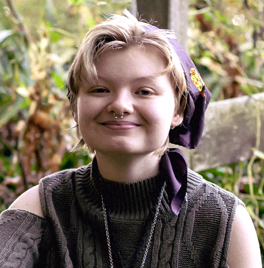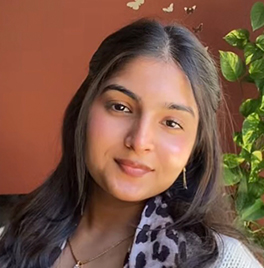Occupational Therapy Assistant Degree Program
Working with clients of all ages, occupational therapy assistants (OTA) work under the supervision of licensed occupational therapists. They help people to develop and recover activities (occupations) of daily living, like getting dressed, driving and working.
Lakeland's Occupational Therapy Assistant degree program prepares students to be competent entry-level therapy assistants. Upon satisfactory completion of the program requirements, graduates are eligible to apply for certification by the National Board for Certification in Occupational Therapy (NBCOT) and licensure through the appropriate state agency.
OTAs may work with adults in their homes, rehabilitation center, nursing homes, community centers and other facilities. They collaborate in the formulation of a treatment plan, deliver therapeutic interventions to address various disabilities, advocate for the rehabilitation needs of their patients and clients, educate patients and families on effective therapy participation, and accurately document occupational therapy services for reimbursement.
You can earn your Associate of Applied Science degree in Occupational Therapy Assisting in as little as two years (including summer term classes) with 65 credit hours.
Graduates of the program will be eligible to sit for the national certification examination for the occupational therapy assistant administered by the National Board for Certification in Occupational Therapy (NBCOT). After successful completion of this exam, the individual will be a Certified Occupational Therapy Assistant (COTA). In addition, all states require licensure in order to practice; however, state licenses are usually based on the results of the NBCOT Certification Examination.
View estimated tuition costs and program fees.
For admissions requirements into the program, specific courses and more information on earning your degree, visit our college catalog.
For up-to-date information on jobs, salary and the national outlook for occupational therapy assistants, visit the U.S. Department of Labor website.
The associate-degree-level occupational therapy assistant program is accredited by the Accreditation Council for Occupational Therapy Education (ACOTE) of the American Occupational Therapy Association (AOTA), located at 7501 Wisconsin Ave., Suite 510E, Bethesda, MD, 20814. ACOTE's telephone number c/o AOTA is (301) 652-AOTA and its Web address is www.acoteonline.org. Graduates of the program will be eligible to sit for the national certification examination for the occupational therapy assistant administered by the National Board for Certification in Occupational Therapy (NBCOT). After successful completion of this exam, the individual will be a Certified Occupational Therapy Assistant (COTA). In addition, all states require licensure in order to practice; however, state licenses are usually based on the results of the NBCOT Certification Examination. Note that a felony conviction may affect a graduate's ability to sit for the NBCOT certification examination or attain state licensure.
Information on certification rates can be accessed through the website for the National Board for Certification in Occupational Therapy (NBCOT), located at: https://www.nbcot.org/Educators-Folder/SchoolPerformance.
- Occupational Therapy Assistant Program Guide
- Current students: Click here to upload your Health Technologies Admissions Application
- Occupational Therapy Assistant Current Schedule
- Health Programs Admissions Requirements
- Tuition, Fees & Expenses [.PDF]
- Occupational Therapy Assistant Program Accreditation
- What is occupational therapy?
- American Occupational Therapy Association




